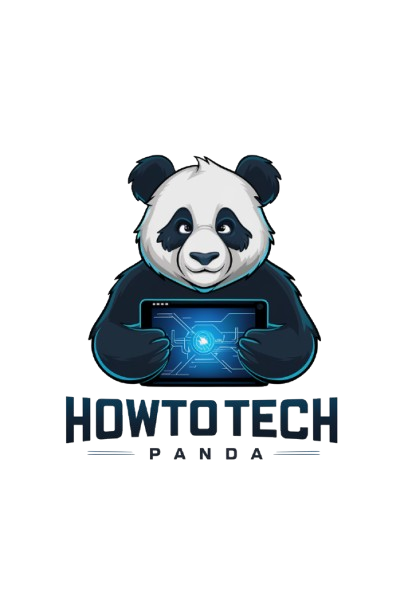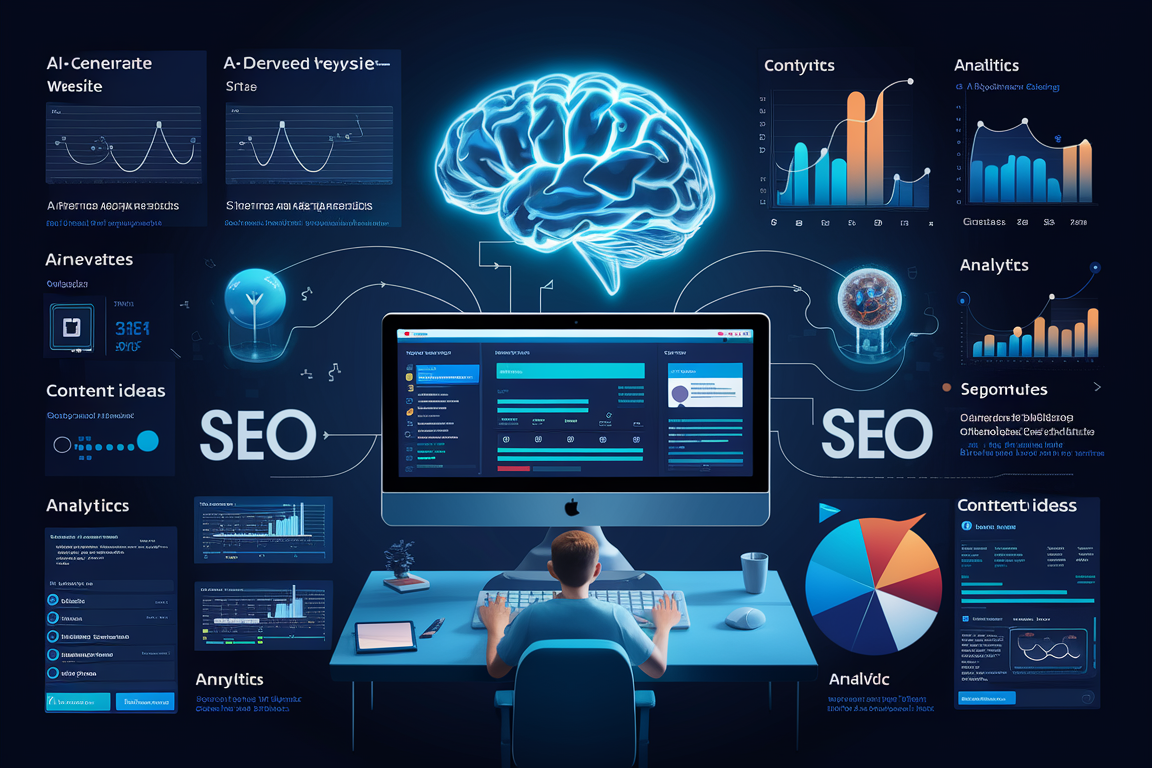Artificial Intelligence (AI) is transforming industries across the globe, and Search Engine Optimization (SEO) is no exception. Leveraging AI for SEO can give you a competitive edge, helping you optimize your website for search engines, improve user experience, and drive organic traffic. This article provides a step-by-step guide on how to use AI for SEO gravitate—focusing on boosting rankings, content creation, and staying ahead of the curve.
What Is AI in SEO?
Before diving into the specifics, it’s important to understand how AI integrates with SEO. AI involves machine learning, natural language processing, and data analysis to interpret large amounts of data. In SEO, AI helps:
- Analyze search engine algorithms
- Optimize website performance
- Identify keyword opportunities
- Personalize user experiences
- Automate content creation
By incorporating AI, businesses can make smarter decisions and achieve better results in their SEO efforts.
Benefits of Using AI for SEO
1. Enhanced Keyword Research
AI tools analyze search intent and trends to suggest high-performing keywords.
2. Efficient Content Creation
AI assists in generating high-quality, SEO-optimized content tailored to user needs.
3. Improved User Experience
AI tools help optimize site speed, navigation, and mobile responsiveness.
4. Data-Driven Insights
AI provides actionable analytics to refine SEO strategies.
5. Time and Cost Savings
Automating tasks like keyword analysis and reporting saves valuable time and reduces costs.

Step-by-Step Guide to Using AI for SEO Gravitate
Step 1: Perform Advanced Keyword Research
Leverage AI Tools
Tools like SEMrush, Ahrefs, and Google’s Keyword Planner are essential, but AI-specific platforms such as BrightEdge or MarketMuse can:
- Identify latent semantic indexing (LSI) keywords
- Predict keyword trends
- Analyze competitor strategies
Analyze Search Intent
AI tools can determine whether users are searching for informational, navigational, or transactional content. Craft your content to match the intent behind each keyword.
Long-Tail Keywords
AI algorithms uncover long-tail keywords that are often less competitive but highly targeted, leading to better conversions.
Step 2: Optimize Content Creation
AI-Driven Content Ideas
Use AI tools like Jasper, Writesonic, or Copy.ai to generate fresh and engaging content ideas based on trending topics and user interests.
Natural Language Processing (NLP)
Google’s BERT algorithm emphasizes understanding context. AI tools like Frase or Surfer SEO ensure your content aligns with Google’s NLP preferences by optimizing for:
- Contextual relevance
- Readability
- Topic clusters
Content Generation
AI content generators can:
- Write blog posts
- Create meta descriptions
- Develop product descriptions
While AI tools can assist, always review and refine generated content to maintain authenticity and align with your brand voice.
Step 3: Enhance On-Page Optimization
Smart Meta Tags
AI tools like Clearscope or RankMath suggest optimized meta titles and descriptions that include keywords and improve click-through rates.
Internal Linking
AI-powered tools can automate internal linking by identifying content silos and suggesting relevant pages to link.
Image Optimization
AI tools like Optimole or ImageKit optimize images by compressing file sizes, adding alt text, and ensuring fast loading speeds without compromising quality.
Step 4: Improve Technical SEO
Site Speed Optimization
Tools like PageSpeed Insights and GTmetrix use AI to diagnose and resolve issues slowing down your site.
Mobile Optimization
With mobile-first indexing, AI tools can:
- Test your website’s mobile responsiveness
- Suggest improvements for user experience
Structured Data Markup
AI tools like Schema Pro simplify the process of adding schema markup, improving search engine understanding, and enabling rich results.
Step 5: Leverage AI for Competitive Analysis
Competitor Research
AI tools analyze competitor strategies by evaluating their:
- Keywords
- Backlinks
- Content performance
Gap Analysis
Platforms like Ahrefs or SEMrush identify content gaps where your competitors rank but you don’t, helping you prioritize new opportunities.
Sentiment Analysis
AI tools assess user sentiment around your competitors’ content, giving you insights to refine your messaging.
Step 6: Optimize User Experience
Personalization
AI tools like Optimizely analyze user behavior to deliver personalized experiences, such as recommending relevant content or products.
Chatbots
Integrating AI chatbots like ChatGPT enhances user engagement by providing instant answers to queries.
Behavioral Analytics
AI-driven platforms like Hotjar analyze user interactions, helping you identify pain points and areas for improvement.
Step 7: Automate Reporting and Monitoring
Real-Time Analytics
AI tools provide real-time analytics dashboards that track:
- Rankings
- Traffic
- Conversions
Performance Insights
Automated reporting tools like Data Studio or HubSpot generate detailed insights, making it easier to monitor the impact of your SEO strategies.
Best AI Tools for SEO
1. SEMrush
Ideal for keyword research, competitor analysis, and tracking SERP rankings.
2. Jasper (formerly Jarvis)
Excellent for generating high-quality, SEO-optimized content.
3. BrightEdge
Provides AI-driven insights for enterprise-level SEO strategies.
4. Surfer SEO
Combines content optimization with keyword analysis.
5. Clearscope
Focuses on content relevance and keyword optimization.
6. Ahrefs
A comprehensive tool for backlink analysis and competitor research.
Challenges of Using AI in SEO
While AI offers numerous benefits, it’s not without challenges:
- High Initial Investment: Advanced AI tools can be costly for small businesses.
- Learning Curve: Understanding how to leverage AI tools effectively requires time and training.
- Overreliance on Automation: Human oversight is essential to ensure quality and authenticity.
- Ethical Concerns: Excessive automation may lead to duplicate or low-quality content, which can hurt rankings.
Future of AI in SEO
AI is shaping the future of SEO by:
- Voice Search Optimization: Adapting content for voice search queries as smart devices become ubiquitous.
- Visual Search: Optimizing for image-based search engines like Google Lens.
- Hyper-Personalization: Delivering tailored experiences based on user data.
- Predictive Analytics: Using AI to predict trends and adjust strategies proactively.
Conclusion
AI is revolutionizing the SEO landscape, enabling businesses to optimize their websites, create better content, and stay ahead of the competition. By following the steps outlined in this guide—from advanced keyword research to improving technical SEO and user experience—you can harness the power of AI to gravitate your SEO efforts to the next level. While challenges exist, the benefits far outweigh the drawbacks, making AI an indispensable tool for modern SEO strategies.
Start leveraging AI today, and watch your organic traffic and search rankings soar.

